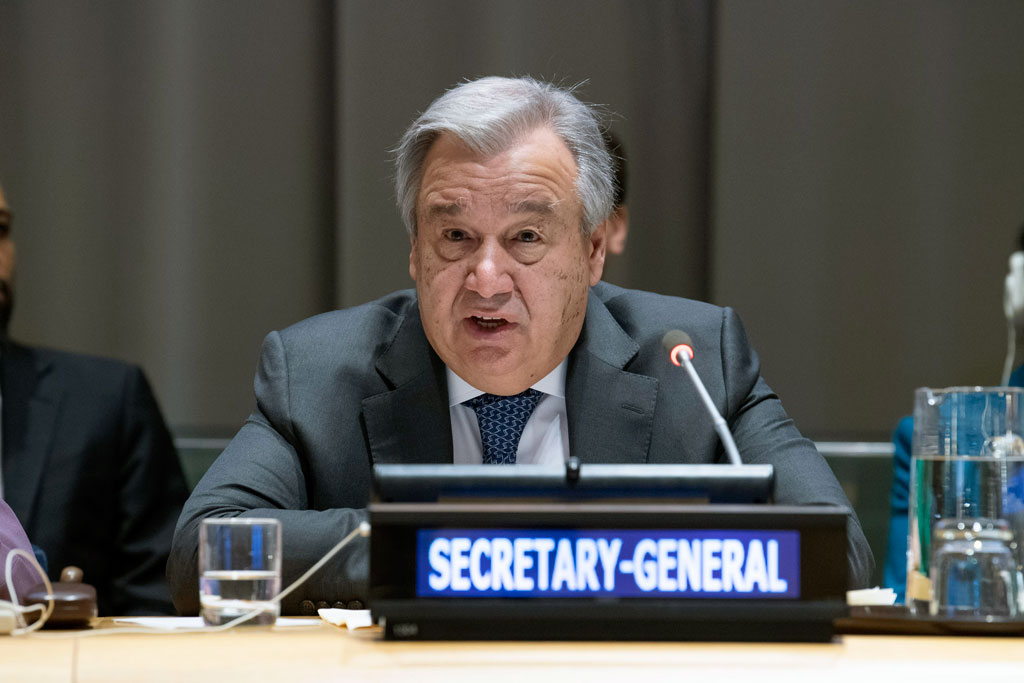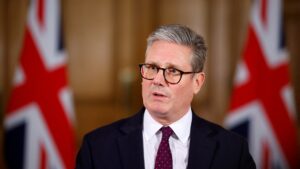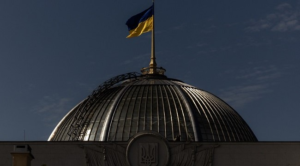
General Assembly Seventy-third session Informal Briefing by the Secretary-General on his Priorities for 2019
UN secretary General Antonio Guterres has asked countries to bring “concrete, realistic plans” to enhance commitments made in paris toward the goal of limiting long-term warming to less than 2 degrees Celsius and ideally 1.5 degrees Celsius over pre-industrial levels.
These are deemed important to avoid hitting a number of so-called “tipping points,” like the melting of polar permafrost that could trigger irreversible warming and fundamentally alter weather events and ecosystems.
Seventy-five countries are expected to bring enhanced commitments. But officials have also been careful to manage expectations and say Monday’s summit is also a run-up event to the 2020 UN climate summit that the UK will host in Glasgow.
Some 60 world leaders have assembled in New York on Monday for a UN summit on “climate emergency” aimed at reinvigorating the faltering Paris agreement, at a time when mankind is releasing more greenhouse gases into the atmosphere than at any time in history.
From heat waves to slow-crawling hurricanes, to rapidly acidifying oceans, the impacts of global warming are being felt more than ever before. However, the gap between carbon reduction targets demanded by scientists to avert catastrophe and actions thus far taken is only widening.
It is within this context that a new, youth-led movement has emerged and re-energized climate activism, symbolized by Swedish teen Greta Thunberg who will take the podium in the morning following a speech by Secretary General Antonio Guterres.
Thunberg along with millions of others around the world rallied on Friday calling for climate justice and for the voices of the younger generations who will be most affected by increasing extreme weather events to be heard.
Fewer than half the 136 heads of government or state in New York this week to attend the UN General Assembly will be present Monday.
Among the list of those absent are US President Donald Trump, who pulled his country out of the Paris.
Likewise President Jair Bolsonaro of Brazil, under whose leadership the Amazon rainforest is continuing to burn at record rates, and Australian Prime Minister Scott Morrison whose government has pursued an aggressively pro-coal agenda.
China, the world’s biggest carbon emitter by far, but also a leader in the renewables sector, will be present and represented by foreign minister Wang Yi, with Guterres hinting last week that the East Asian giant will be committing to new measures.
Laurence Tubiana, CEO of the European Climate Foundation and one of the architects of the Paris agreement, told AFP the summit represented a “moment of truth” but was also taking place at a time of great political headwinds.
India’s Prime Minister Narendra Modi, fresh from a triumphant diaspora event in Houston where he was joined by Trump, will speak in the morning session, along with the leaders of New Zealand, the Marshall Islands, and Germany’s Angela Merkel.
Like China, India is coal-addicted, but has also set itself highly ambitious renewable energy targets, particularly in solar.







